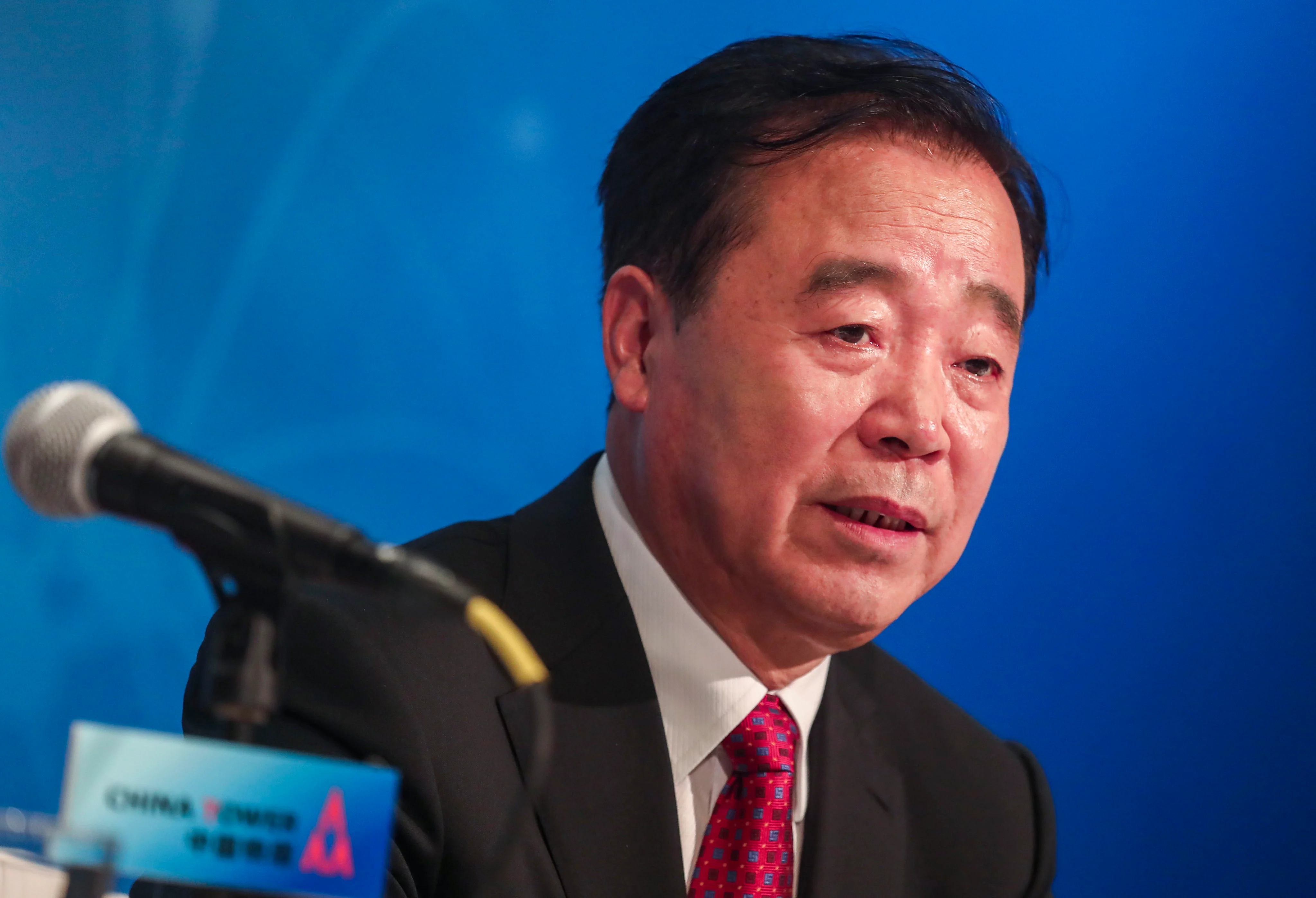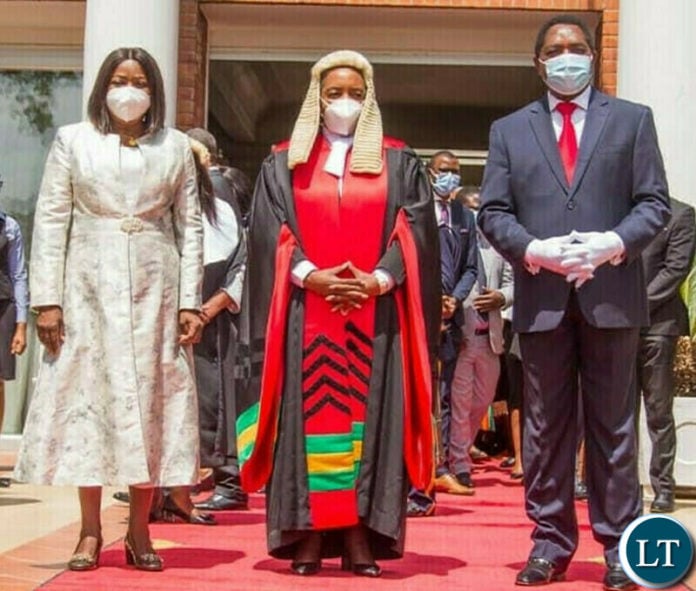By Kandy Wong
Copyright scmp

Tong Jilu, the former chairman of Hong Kong-listed telecommunications giant China Tower, is under investigation, according to the Communist Party’s anti-corruption watchdog.
The Central Commission for Discipline Inspection (CCDI) confirmed the investigation on Sunday, saying Tong was suspected of serious violations of discipline and law – a phrase often used as a euphemism for corruption.
The CCDI gave no further details of the investigation, but business news outlet Caixin reported in August that Tong – once a key industry player in China’s 5G development – had been out of contact since the end of May.
According to Caixin, Tong’s case may be linked to that of Ding Wei, former chairman of the private equity investment arm of China International Capital Corp, one of the country’s largest brokerages. The news service reported that Ding had been taken away by graft-busters in July.
Trained as an economist, Tong graduated from Beijing University of Posts and Telecommunications in 1987 and completed a doctorate in management at Hong Kong Polytechnic University in 2009.
He was executive director of China Tower when it was established in 2014 and played a vital role at the company as it grew to become a backbone of the nation’s telecommunications infrastructure.
He became chairman of the company in 2018, the year it was listed in Hong Kong and raised US$7.5 billion – the biggest IPO of a state-owned non-financial company in the city.
In 2019, the company – along with other state-owned behemoths including China Unicom, China Mobile, and China Telecom – launched 5G commercial operations on the mainland.
Tong stepped down in September 2021 as he reached the retirement age of 67, and was succeeded by Zhang Zhiyong.
At the World 5G Conference in Beijing that year, Tong said China Tower had been entrusted from the outset as a key driver for new 5G infrastructure development.
He said that since 2020, it had build more than 900,000 5G base stations, with over 97 per cent by sharing existing resources.
By the end of the first half of this year, China Tower reported interim results that it managed a total of 2.119 million tower sites, an increase of 25,000 compared to six months earlier, with revenue roughly steady at 37.8 billion yuan (US$5.3 billion).
Reporting the results on August 5, Zhang said: “With increased 5G network coverage penetration, extended service scenarios and network coverage, and expanded 5G-A [5G-Advanced] construction scale, we will proactively capture the opportunities presented by national strategies, including special projects surrounding signal strength upgrade and the extension of broadband coverage to all border areas.”
There have been no other public announcements about Tong’s situation in the past few months.
On Saturday, the anti-graft authorities also said Zhang Quan – deputy party secretary at Hong Kong-listed China Railway Signal and Communication – was under investigation.
Zhang Quan was the deputy general manager at China Tower between 2020 and 2022.
Telecommunications is seen as central to the growth of China’s digital economy and its tech rivalry with the United States.
Texas-based RCR Wireless News reported that China planned to build 4.5 million 5G base stations this year, while the US is aiming for more than 300,000 5G sites across the country by 2027, according to news site Buzz Curve in Pennsylvania.



